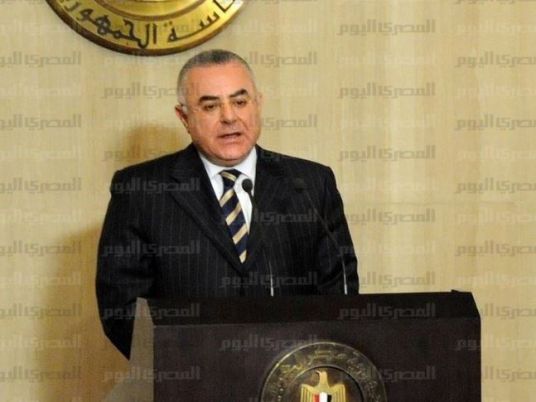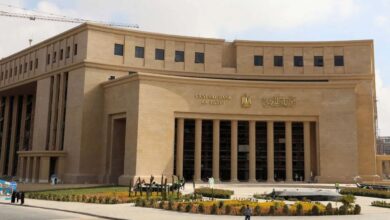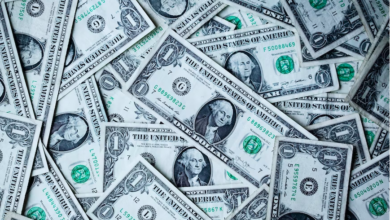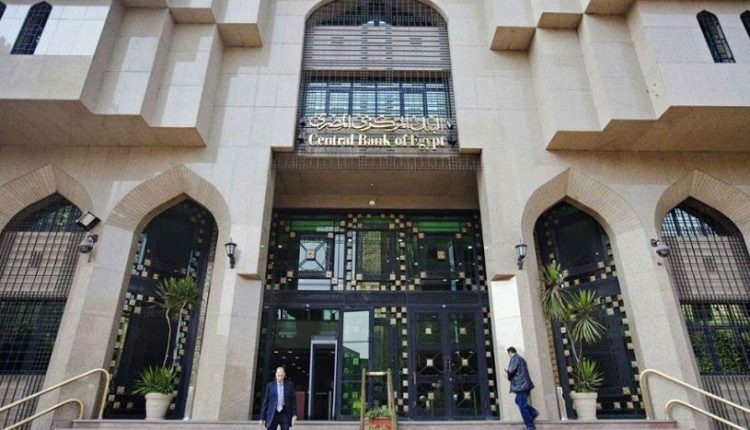
Egypt’s efforts to combat illegal currency exchanges, besides succeeding largely in curtailing the shadowy dollar trade, has negatively impacted businesses and contributed to the “economic slowdown”, the Financial Times said in a report published on Tuesday.
“Small and medium-sized business owners complain they are being strangled by a shortage of dollars and are unable to fund imports, and analysts say big companies are deferring expansion plans because of difficulties accessing foreign currency,” said the Financial Times.
The Financial Times pointed to measures adopted by the Central Bank of Egypt since the 2011 uprising to resuscitate foreign reserves and address the slide in the local currency’s value against the dollar, including limits on foreign transfers and deploying billions of dollars through auctions for banks in reliance on Gulf support.
It explained, however, that setting priority recipients of foreign currency posed a dilemma for unlisted customers.
“Deposits in foreign currency accounts have been limited to $10,000 a day, up to a monthly maximum of $50,000. Priority access to foreign currency is given to importers of food, fuel and medicine; everyone else has to wait in line,” the article stated.
FT quoted Mohamed Abu Basha, an economist at EFG Hermes, as saying that the policy represented “a constraint on new investment and businesses outside the priority list.” He added that the strategy even contributed to the fall in economic growth from 5.6 per cent in the second half of 2015 to 3 per cent in the first quarter of 2015.




